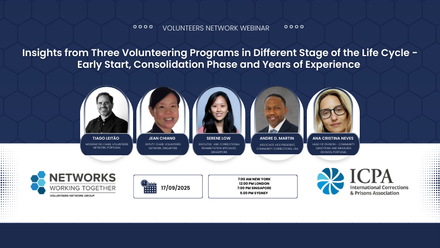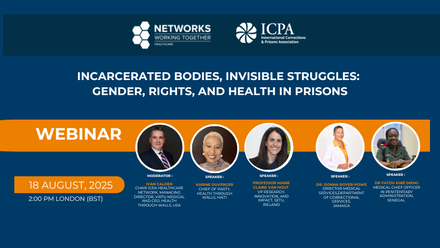With contribution from Ana Rita Pires, João Gomes and Raquel Venâncio
Prison and probation services working with sentenced and convicted children have an essential role in safeguarding their human and fundamental rights, in accordance with The Beijing Rules and The Nelson Mandela Rules. Therefore, adequate and sustained capacity-building of correctional services to address children's rights should be the norm, as stressed in the European Rules for Juvenile Offenders Subject to Sanctions or Measures and the EU Strategy on the Rights of the Child, among other legislations. However, there is a current lack of common standards across the EU on proper training for humane, child-friendly justice to address the diverse needs of disadvantaged children (i.e. with learning difficulties, different [minority] backgrounds, family problems, disabilities, and others). In this light, the ARISA Child EU-funded project intends to upscale the capacity of prison and probation services working with sentenced children, by better assessing the training needs of professionals throughout the EU, mapping and promoting the exchange of best practices and working models, as well as by creating a state-of-the-art training course aiming to promote rehabilitative juvenile justice. Findings from an inter-jurisdiction comparative analysis will be presented in this plenary, regarding both staff training needs and best practices, which highlights inherent diversities between the juvenile justice systems across EU Member States, and points to the need for common minimum training standards in what concerns a more child-centred approach to rehabilitative justice; with staff who are empowered with the knowledge of how to treat them with dignity and respect, while addressing their unique rehabilitative needs.


